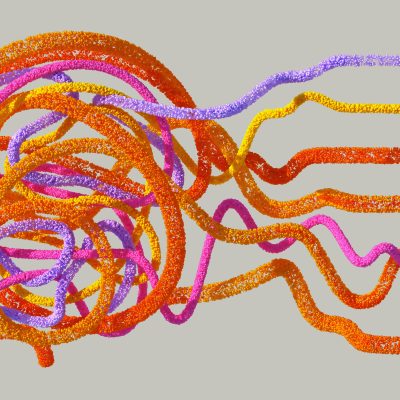The urgency of climate change: Safeguarding our planet for future generations
Our planet is our home, without it we have nowhere to live and it goes the same for all the animals and living organisms. As a teenager I want my kids to be around to see our earth and nature. Our resources as humans at this rate are limited. Climate change is impacting the earth’s fragile ecosystem. As humans do things like burn fossil fuels such as coal, oil, and gas and release large amounts of carbon dioxide and other greenhouse gasses, we are contributing to this big issue.
In 1896 Swedish scientist Svante Arrhenius first predicted changes in atmospheric carbon dioxide levels could substantially alter the surface temperature through the greenhouse effect. Climate change is when gradual changes in our earth happen due to humans.
The increasing concentration of greenhouse gasses in the atmosphere, resulting from the burning of fossil fuels and deforestation, is causing profound and detrimental changes to our planet.
The consequences of climate change are widespread and affect various aspects of our environment and society. Rising temperatures lead to more frequent and intense heat waves, droughts, and wildfires. Changing weather patterns cause increased precipitation in some regions, leading to floods and landslides, while other areas experience prolonged droughts, affecting agriculture and water resources. Melting glaciers and polar ice caps contribute to rising sea levels, threatening coastal communities and increasing the risk of storm surges. Additionally, climate change disrupts ecosystems, leading to biodiversity loss and the extinction of species. Species only go extinct when the whole species disappear due to them losing their habitats because we destroy their homes when we take away forests or let the ice caps melt.
But the impact we have on our planet does not just affect the animals and organisms in the long run it will affect us humans, heat related illnesses will be worse when the temperatures rise due to global warming, and respiratory problems from poor air quality will affect us horribly. Natural disasters and extreme weather events displace thousands of people every year. Climate change affects our availability to clean and drinkable water. Also increasing flooding and extreme rainfall events can lead to waterborne diseases like dysentery and cholera due to contaminated water sources. Conversely, prolonged droughts can result in water scarcity, leading to inadequate sanitation and hygiene.
As the planet warms, melting glaciers, and ice sheets contribute to rising sea levels. This poses a significant threat to coastal communities, increasing the risk of flooding, erosion, and saltwater intrusion into freshwater sources which goes back to the fact that as humans we need fresh water to survive. Climate change disrupts ecosystems, leading to habitat loss and species extinction. Rising temperatures, altered precipitation patterns, and changing ocean conditions have a profound impact on plants, animals, and marine life, threatening biodiversity and disrupting intricate ecological relationships.
The consequences of inaction on climate change are far-reaching and have severe implications for future generations. By acting now, we can mitigate the worst effects of climate change, preserve the integrity of ecosystems, protect human health, and ensure a sustainable and habitable planet for future generations.









